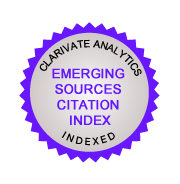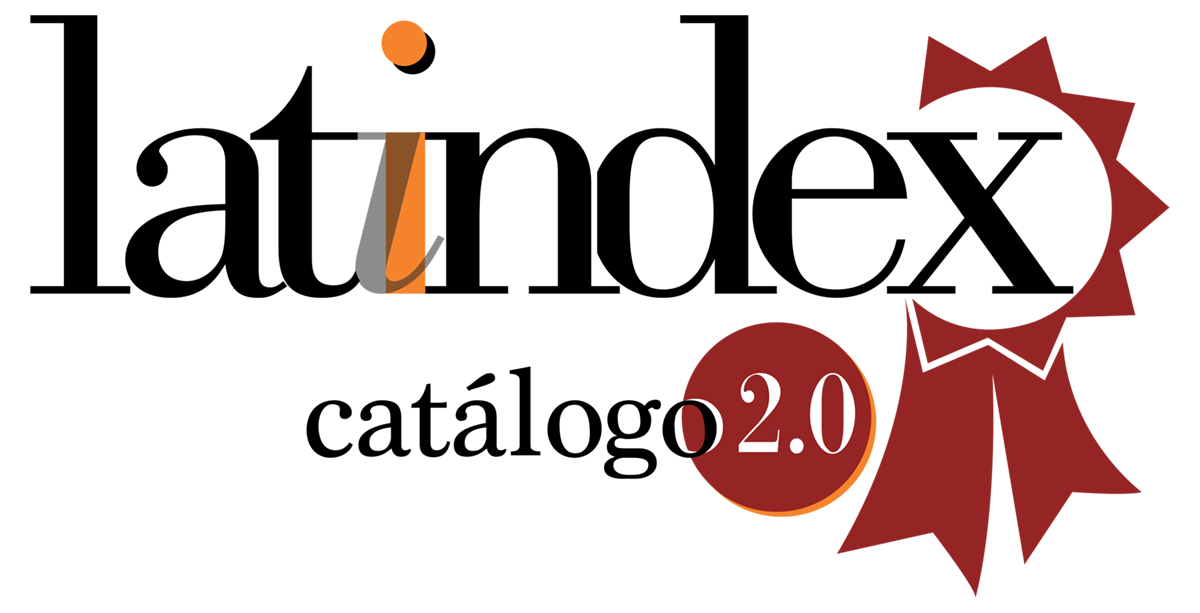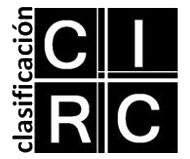The labyrinths of trans women: family and religion
DOI:
https://doi.org/10.24215/16696581e731Keywords:
Trans women, family, religionAbstract
This paper reflects on some labyrinths that trans women from the province of Santiago del Estero-Argentina go through when building an unconventional identity within a patriarchal society. This article is part and product of a long qualitative research process that began with the development process of the master's thesis, then with the doctorate, where an ethnographic approach focused on the life trajectories of women was worked on. For this, a brief characterization of the group that is part of this work is made. Likewise, there will be a description of how traditional families operate in the face of diverse identities and the influence of religion on them. The labyrinths are not linear, nor do they have a single entrance and exit, they are complexities that trans women live through and through which they learn different strategies to navigate them.
In this context, many times trans women are expelled, rejected and discriminated against by their families, they are forced to leave home and, in some cases, migrate to other provinces in search of the anonymity that a big city could offer to the time to build their identity and enter prostitution as the only means of survival. On the other hand, religion exerts a strong influence on the family model to follow and on the roles that men and women must fulfill within it.
Downloads
References
Bourdieu, P. [1980] (2007) El sentido Práctico. Siglo XXI. Buenos Aires.
Berkins, L. (2007) (compiladora) Cumbia, copeteo y lágrimas. 1ª ed. ALITT Asociación de lucha por la identidad travesti y transexual. Buenos Aires.
Chazarreta I. (2017) Las trayectorias educativas laborales y sociales de las personas trans en Santiago del Estero. Tesis de maestría en salud sexual y reproductiva de la Universidad Nacional de Córdoba, defendida en septiembre del 2017. Aprobada con 10 (Diez).
Fernández, J. (2007) El género en llamas. Travestismo e identidad genéricas. Feminarias Año XVI, Nª 30/31. Abril 2007. Buenos Aires.
Helien, A.; Piotto, A. (2012) Cuerpos Equivocados: hacia la comprensión de la diversidad sexual. 1a ed. Buenos Aires.
Ley Nacional Nº 26.743 (2012) Ley de identidad de género.
Ley Nacional Nº 26.150 (2006) Educación Sexual Integral
Ministerio de salud de la Nación (2017) Salud y adolescencias LGBTIQ: Herramientas de abordaje integral para equipos de salud. 1 ed. Ciudad Autonoma de Bueno Aires
Morán Faúndes, J. M. (2011) en Vaggione J. M. y Peñas Defago M. A. Actores y discursos conservadores en los debates sobre sexualidad y reproducción en Argentina. Colección: Religión, Género y Sexualidad- Edición Especial. Católicas por el Derecho a Decidir Argentina.
Córdoba.
Rubin G. (1986) El tráfico de mujeres notas sobre la economía política del sexo. En: Lamas, Marta (compiladora) El género: la
construcción cultural de la diferencia sexual. Programa universitario de estudios de género de la Universidad autónoma de México y Grupo Editorial Miguel Ángel Porrúa, México DF.
Vaggione J. M. (comp.) (2008) Diversidad Sexual y Religión. Colección: Religión, Género y Sexualidad. Córdoba.
Weeks J. (2012) Lenguajes de la sexualidad. Nueva Visión, Buenos Aires.
Downloads
Published
How to Cite
Issue
Section
License
La aceptación de un original por parte de la revista implica la cesión no exclusiva de los derechos patrimoniales de los/as autores/as en favor del editor, quien permite la reutilización, luego de su edición (postprint), bajo una Licencia Creative Commons Atribución-NoComercial-CompartirIgual 4.0 Internacional (CC BY-NC-SA 4.0)
Acorde a estos términos, el material se puede compartir (copiar y redistribuir en cualquier medio o formato) y adaptar (remezclar, transformar y crear a partir del material otra obra), siempre que a) se cite la autoría y la fuente original de su publicación (revista y URL de la obra), b) no se use para fines comerciales y c) se mantengan los mismos términos de la licencia.
La cesión de derechos no exclusivos implica que luego de su edición (postprint) en Question las/os autoras/es pueden publicar su trabajo en cualquier idioma, medio y formato; en tales casos, se solicita que se consigne que el material fue publicado originalmente en esta revista.
Tal cesión supone, también, la autorización de los/as autores/as para que el trabajo sea cosechado por SEDICI, el repositorio institucional de la Universidad Nacional de La Plata, y sea difundido en las bases de datos que el equipo editorial considere adecuadas para incrementar la visibilidad de la publicación y de sus autores/as.
Asimismo, la revista incentiva a las/os autoras/es para que luego de su publicación en Question depositen sus producciones en otros repositorios institucionales y temáticos, bajo el principio de que ofrecer a la sociedad la producción científica y académica sin restricciones contribuye a un mayor intercambio del conocimiento global.
















































